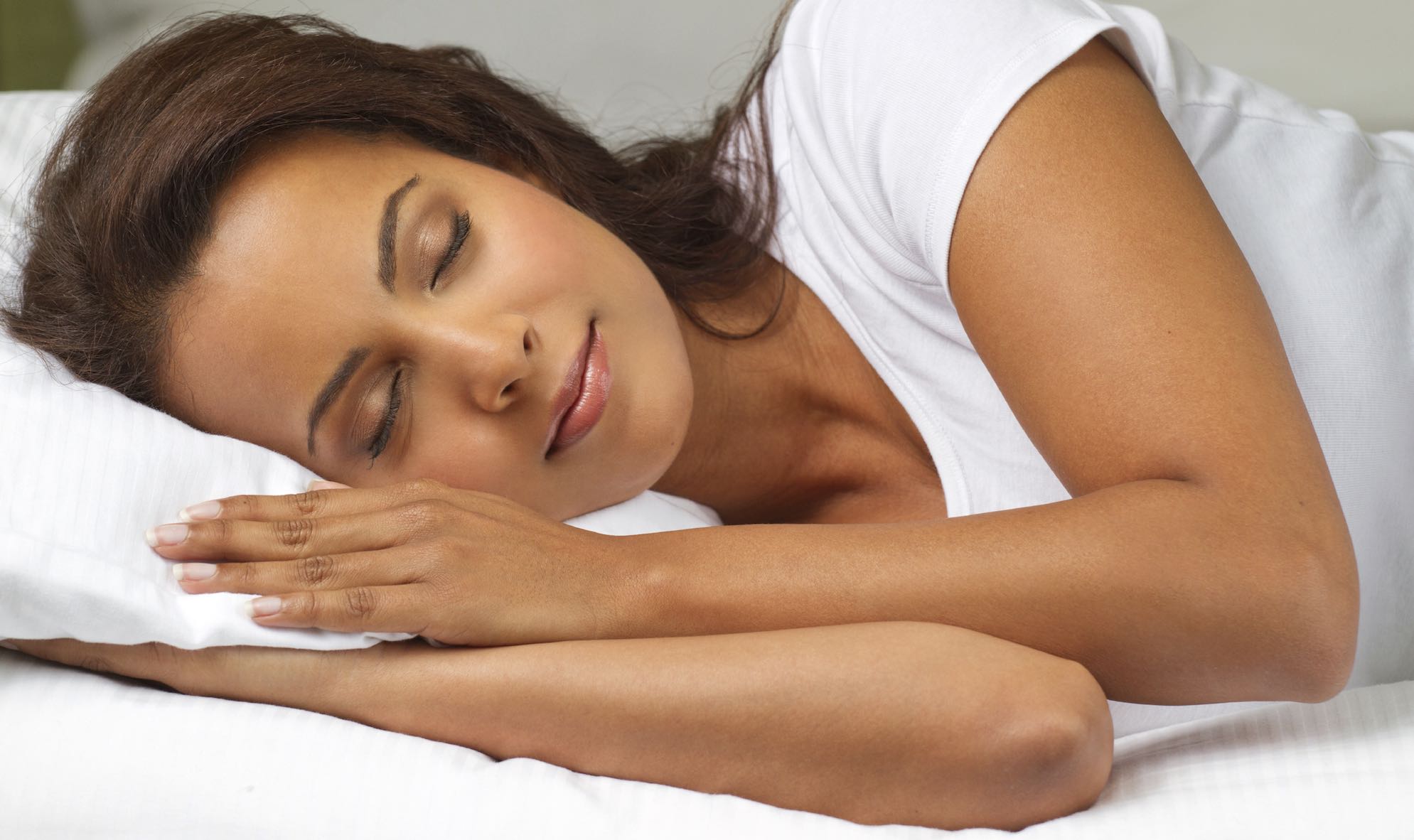The old adage is that we need 8 hours of sleep each night, but like most things in life, it’s not that simple. Fortunately for us, the National Sleep Foundation has released a new report based upon a vast wealth research that points us in the right direction. So, how much sleep do you need?
Recommended Sleep Varies With Age
We often hear that teenagers need more sleep than adults and that we need less per night as we get older. One new change is that the National Sleep Foundation created two new age groups; Young Adults (18-25) and Older Adults (65+). Based upon their research, once we reach adulthood, the range of sleep we need varies less than our common conception would have us believe – needing around 7-9 hours of sleep.
Additionally, the broader changes reflected a higher amount of variability between us and how much sleep we each need. Primarily, the ranges have been widened by an hour by decreasing the minimum recommend amount and in some cases increasing the high-end of the range. So, in some ways, with the new updates things are left a little less clear – how much do I need in this range?
Try Keeping A Sleep Diary
They say that you can’t change anything you don’t measure, and this certainly holds true for getting better sleep. If you don’t keep track of how you feel after certain amounts of sleep you don’t have any way to know if you’re getting better (or worse). Try to answer these questions: Have I slept better the past 7 days than the previous week? How do my bedtime routines impact how I feel the next morning?
If you keep a sleep diary you can start to hone in on exactly how much sleep you should aim to get each night for your best energy levels. Additionally, your sleep hygiene – your habits that might be helping or hurting your sleep, can impact how long you need between crawling in and out of bed.
If you are staring at bright screens right up until bed, you’ll likely spend more time before falling asleep (and getting less sleep before your alarm goes off). Additionally, too much caffeine late in the day can slow your entry into the restful REM stage of sleep – making it so you need more Zs to feel rested. Keeping a sleep diary will help you recognize the patterns that are helping and hurting your restfulness.
How Much Sleep Do You Need?
Fortunately, the National Sleep Foundation has makes tracking your sleep relatively easy by providing you with a great Sleep Diary – free to download.
The important thing to keep in mind is that we’re all very different, lead different lifestyles, and only you can really tell if you feel rested, energized, and are sleeping in a healthy way. If you aren’t, there’s no better way to improve every aspect of your life than a great night’s sleep and you owe it to yourself to make it a priority.


